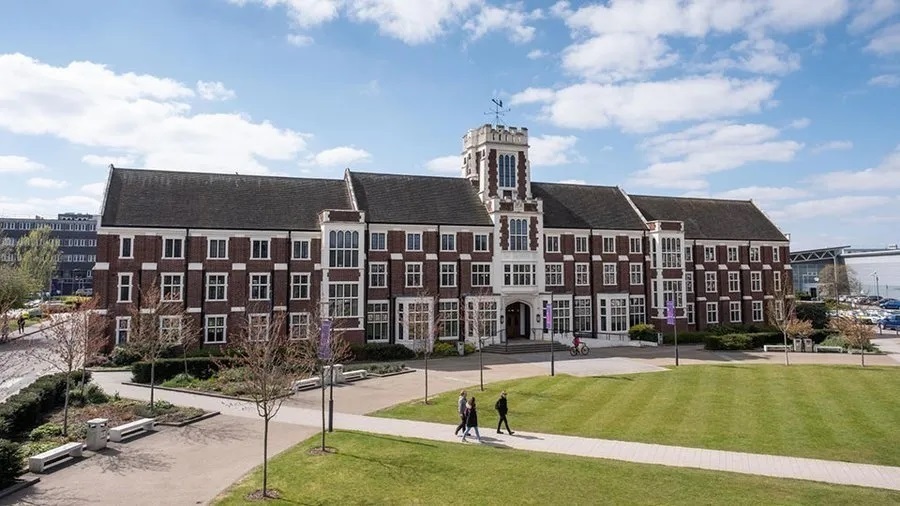MSc, PGDip, PGCert Analytical Chemistry
- Country United Kingdom
- Course Duration 12 month
- Course Type Full Time
- Courses Campus On Campus
- Language Specification IELTS
- Program Level Post-Graduate
- Education Required Undergraduate
- Admission intake Sep
- Minimum GPA 78
Application Charges
| Application Fee | Tution Fee |
|---|---|
| Free | GBP 28,100 |
Application Date
| Application Start Date | Application Closing Date |
|---|---|
|
2024-04-10
|
---
|
Exam Test Required
IELTS
| Speaking Score | Listening Score | Writing Score | Reading Score |
|---|---|---|---|
| 6 | 6 | 6 | 6 |
TOEFL
| Speaking Score | Listening Score | Writing Score | Reading Score |
|---|---|---|---|
| 22 | 22 | 22 | 22 |
PTE
| Speaking Score | Listening Score | Writing Score | Reading Score |
|---|---|---|---|
| 63 | 63 | 63 | 63 |
DET
| Speaking Score | Listening Score | Writing Score | Reading Score |
|---|---|---|---|
| 110 | 110 | 110 | 110 |
Program Description
Our MSc Analytical Chemistry is designed to provide comprehensive training in the subject and its implementation in a variety of fields, including biomedical, pharmaceutical, food and environmental analysis.
Analytical chemists assess the chemical structure and nature of substances using a range of techniques, such as electro-chromatography, high performance liquid chromatography, and spectroscopy; skills which are needed for a variety of purposes including drug development, forensic analysis and toxicology. They are employed by a variety of public and private sector organisations and can specialise in areas such as toxicology, pharmaceuticals, quality control or forensics.
Our Analytical Chemistry master's degree comprises a broad range of modules that cover all the major analytical techniques, complemented by studies in transferable and professional skills, and with the option to study aspects of medicinal and pharmaceutical chemistry if desired.
Across the programme you will undertake core modules in separation techniques, spectroscopy and structural analysis, and research methods. You can choose two options from pharmacokinetics and drug metabolism, sensors, drug targets, drug design and drug sythesis, and innovations in analytical science.
You will also carry out a substantial research project (worth 60 credits) that will give you the experience of undertaking a research or development project managed according to modern industrial practice.
What does an analytical chemist do?Typical employers | Qualifications and training | Key skills
Studying analytical chemistry at Loughborough, you will have access to a broad range of scientific instrumentation including:
Our Analytical Chemistry master's degree comprises a broad range of modules that cover all the major analytical techniques, complemented by studies in transferable and professional skills, and with the option to study aspects of medicinal and pharmaceutical chemistry if desired.
Across the programme you will undertake core modules in separation techniques, spectroscopy and structural analysis, and research methods. You can choose two options from pharmacokinetics and drug metabolism, sensors, drug targets, drug design and drug sythesis, and innovations in analytical science.
You will also carry out a substantial research project (worth 60 credits) that will give you the experience of undertaking a research or development project managed according to modern industrial practice.
What does an analytical chemist do?Typical employers | Qualifications and training | Key skills
Studying analytical chemistry at Loughborough, you will have access to a broad range of scientific instrumentation including:
- 400 MHz, 500 MHz, solid-state and benchtop NMR spectrometers
- Single crystal and powder X-ray diffractometers
- A high resolution inductively-coupled plasma mass spectrometer
- GC-MS and linear ion trap LC-mass spectrometers
- Ion mobility spectrometers
- Gas and liquid chromatographs
- Tunable nanopore sensors.
Extra Notes
* NOTE : The Tuition Fee is subject to change Semester wise, as such for exact Tuition Fee kindly see the Website of the respective University.
* NOTE : Pathways : Students who want to pursue a Graduate Degree through a particular University but are unable to meet the university requirements for the GPA, GRE/GMAT or English Language scores, have to take up an additional academic and language support i.e. pathways in order to ensure the admit and study at the desired University.
* NOTE : Pathways : Students who want to pursue a Graduate Degree through a particular University but are unable to meet the university requirements for the GPA, GRE/GMAT or English Language scores, have to take up an additional academic and language support i.e. pathways in order to ensure the admit and study at the desired University.





